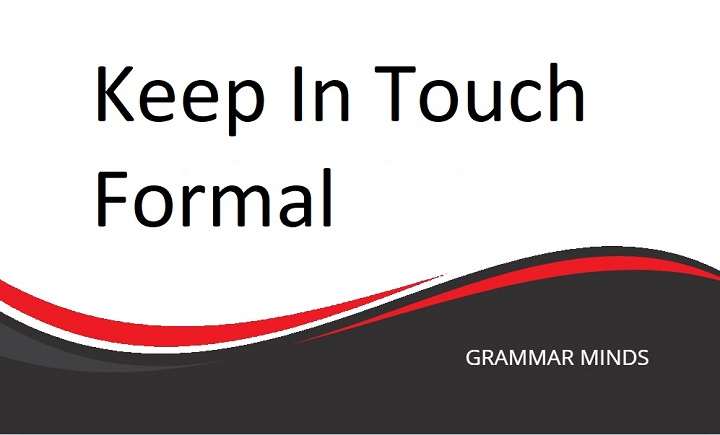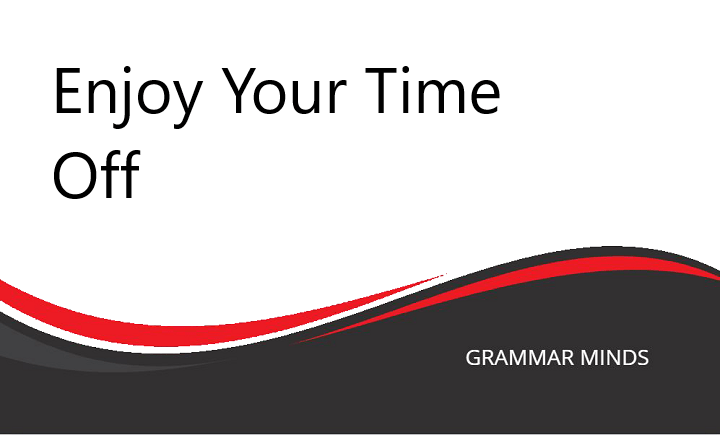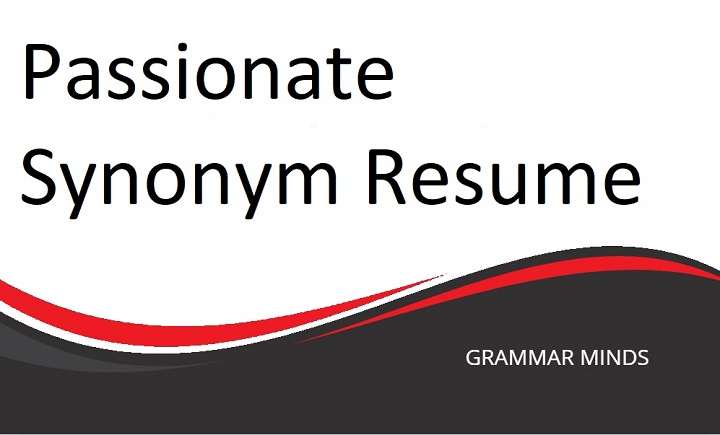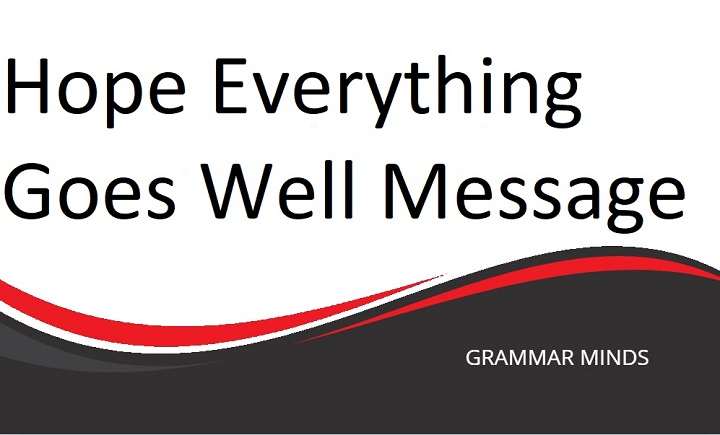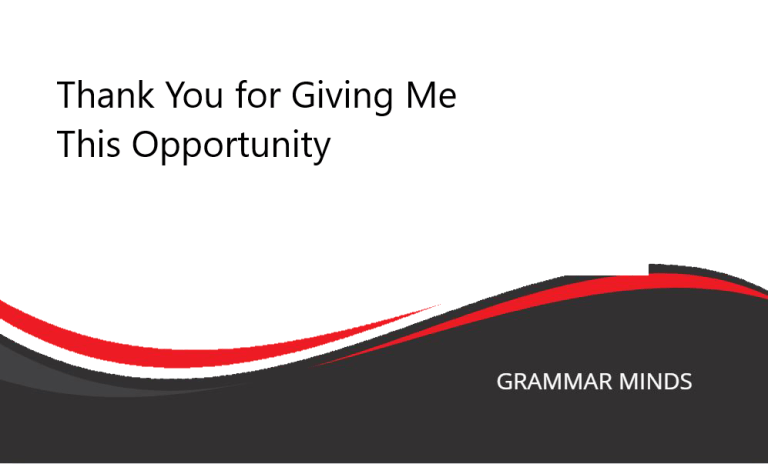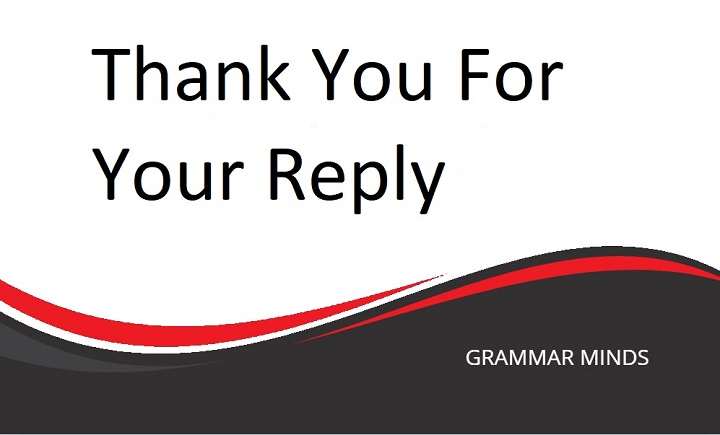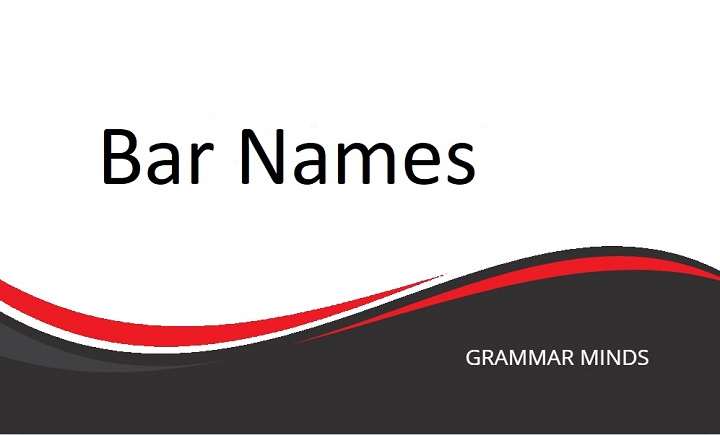In both professional and personal conversations, we often find ourselves needing to delay an answer or response. The go-to phrase many people use is “I will get back to you.” While this phrase is perfectly acceptable, it can feel repetitive or overly formal in certain situations.
Do you find yourself using the phrase “I will get back to you” repeatedly?
Have you grown tired of this repetitive expression when communicating in your professional or personal life?
Don’t worry! This article provides a list of alternative phrases that can help you avoid sounding repetitive and add a fresh twist to your responses. Whether you’re responding to an email, in a casual conversation, or in a formal meeting, these alternatives will help you sound more engaging and professional.
Other Ways to Say “I Will Get Back to You”
Sometimes, you need a break from the usual expressions. Here are ten alternative ways to say “I will get back to you”:
“I’ll follow up with you shortly.”
This phrase is a polite and professional way to indicate that you’ll respond soon. It shows that you’re attentive and will take responsibility for the follow-up.
“Let me look into that and get back to you.”
This response suggests you need to gather more information before providing an answer. It’s ideal when handling requests that require further investigation.
“I will circle back with you.”
This phrase is slightly less formal and is commonly used in corporate settings. It implies that you will revisit the issue later.
“I’ll touch base with you soon.”
This is another professional but slightly casual option. It conveys the idea of maintaining communication without sounding too formal.
“I’ll let you know as soon as I have an update.”
This version focuses on waiting for information before responding, ideal when you don’t have the details right away but want to assure the person you will follow up.
“Give me a little time to review this, and I’ll follow up.”
This phrase works well when you need extra time to assess something before responding. It communicates that you’re thorough and considerate.
“I’ll get back to you as soon as possible.”
A straightforward but polite alternative, this expression is effective in both formal and informal settings. It emphasizes urgency without overcommitting.
“I need to consult with my team and will follow up.”
This phrase is perfect for business scenarios where you need to collaborate with others before making a decision or giving an answer.
“Let me confirm and I’ll be in touch.”
This is a professional yet reassuring way to indicate that you’ll verify the information before getting back to the person.
“I’ll follow up on this and let you know.”
This alternative keeps the phrase simple while sounding professional. It can be used in both formal and informal conversations.
Key Notes
The phrase “I will get back to you” is grammatically correct and suitable for both formal and informal situations. However, it can sometimes feel a bit basic or too formal for certain conversations.
- You can use “I’ll follow up with you shortly” for formal situations, especially in emails or professional meetings.
- “Let me look into that and get back to you” is a great alternative for more informal contexts where you need to gather more information.
Keep reading to discover how to use these phrases in both formal and informal situations, along with examples to help you understand how they can be applied effectively.
“I’ll follow up with you shortly.”
Usage:
If you’re looking for a more formal way to say “I will get back to you,” try using “I’ll follow up with you shortly.” This alternative adds a touch of sophistication, making it ideal for professional environments such as emails or meetings.
Example (in an email):
Dear Sarah,
Thank you for your inquiry regarding our upcoming project timeline. I’ll need a bit more time to gather the necessary information.
I’ll follow up with you shortly.
Best regards,
[Your Name]
This phrase works well when you want to maintain professionalism and reassure the recipient that you’re actively addressing their request.
“Let me look into that and get back to you.”
Usage:
This is another formal phrase, but it emphasizes that you need to do some research or gather additional details before responding. It’s useful in work settings when handling complex queries.
Example (in conversation):
Colleague 1: Do you have the final numbers for the budget proposal?
Colleague 2: Not at the moment, but let me look into that and get back to you later today.
Also Read
10 Synonyms for “Team Player” to Elevate Your Communication
This alternative shows that you’re taking the request seriously and are willing to take action to resolve the issue.
“I will circle back with you.”
Usage:
More common in corporate and business contexts, “I will circle back with you” is a semi-formal way to say you’ll revisit the topic later. It’s conversational yet professional.
Example (in conversation):
Manager: Can we schedule a follow-up meeting to discuss the project progress?
Employee: Absolutely. I will circle back with you once I’ve gathered all the necessary updates.
This phrase implies that you’re staying in the loop and will return with answers when ready.
“I’ll touch base with you soon.”
Usage:
This phrase is slightly casual but still works in professional settings. It conveys that you’ll check in with someone shortly without sounding too rigid.
Example (in an email):
Dear Michael,
Thanks for bringing this to my attention. I’ll need to review the contract before I can provide a definitive answer.
I’ll touch base with you soon.
Best,
[Your Name]
This is ideal when you want to maintain a professional tone but not sound overly formal.
“I’ll let you know as soon as I have an update.”
Usage:
This phrase is perfect for situations where you’re waiting on external information before you can provide a response. It works in both professional and casual conversations.
Example (in conversation):
Friend: Did you hear back from the travel agent about our trip?
You: Not yet, but I’ll let you know as soon as I have an update.
It reassures the listener that you’ll keep them informed and act quickly once you have more details.
“Give me a little time to review this, and I’ll follow up.”
Usage:
This phrase is great when you need extra time to review details or documents before responding. It emphasizes that you’re being thorough and considerate.
Example (in conversation):
Client: Can we finalize the contract by this week?
You: Give me a little time to review this, and I’ll follow up later this afternoon.
This phrase shows respect for the client’s request while ensuring you don’t rush into a decision.
Is It Correct to Say “I Will Get Back to You”?
Yes! “I will get back to you” is grammatically correct and suitable for both formal and informal settings. It’s a versatile phrase that can be used in professional emails, conversations with colleagues, or casual chats with friends.
However, as you’ve seen in the examples above, using synonyms like the ones we’ve listed will help you vary your language and sound more engaging. Using the same phrase repeatedly can sometimes make you sound unoriginal or impersonal. Try slight variations of the phrase as well, such as:
- “I’ll get in touch with you soon.”
- “I’ll be back to you shortly.”
- “I’ll reconnect with you later.”
“I will get back to you” is a perfectly acceptable and grammatically correct phrase, whether you’re using it in a formal or informal setting. However, the alternative phrases provided in this article will help you diversify your vocabulary and communicate more effectively in different contexts.
By using these variations, you can ensure your responses are professional, engaging, and appropriately tailored to the situation. So the next time you’re tempted to say, “I will get back to you,” try one of these alternatives instead to keep your conversations fresh and polite.

